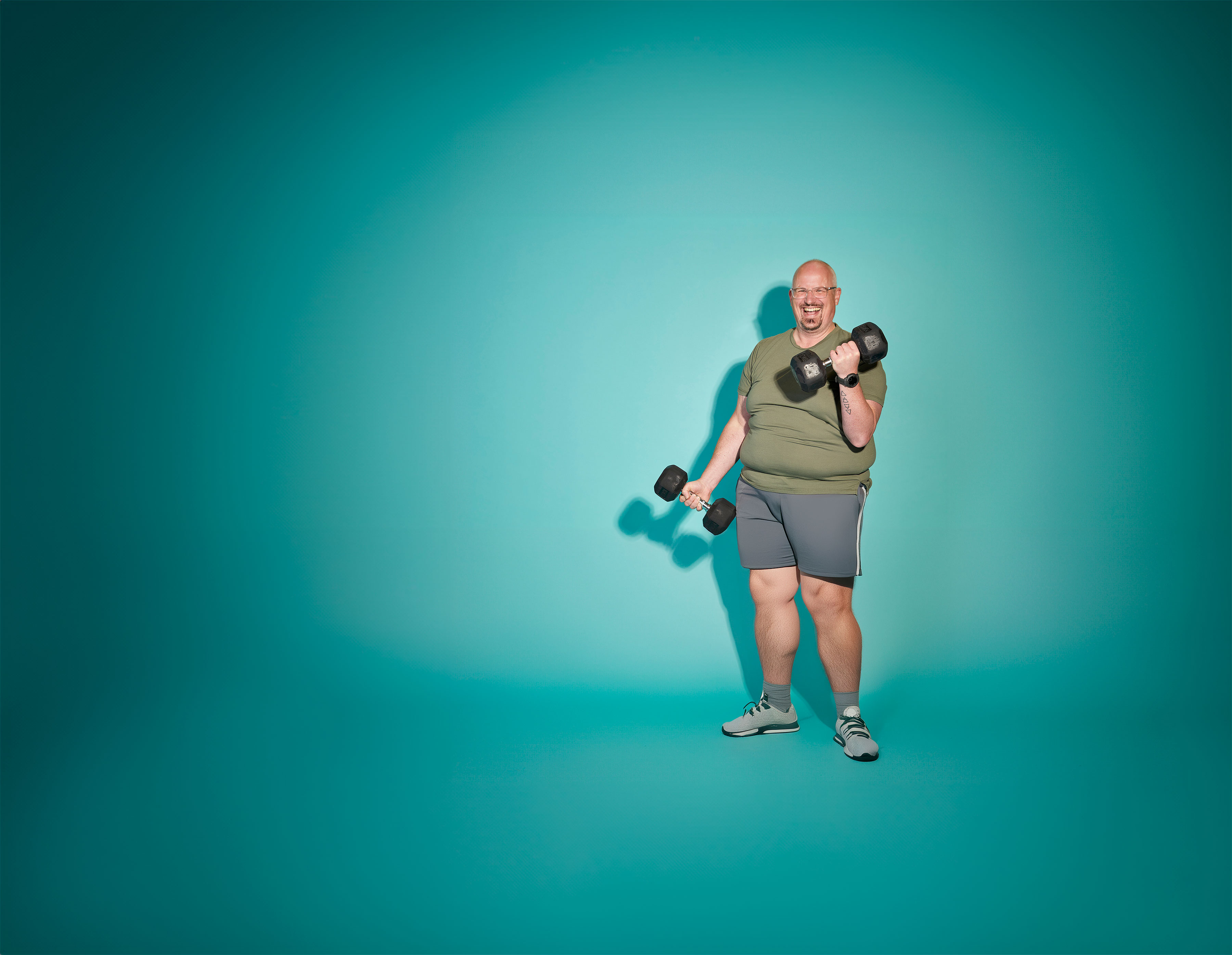
Nutrition
Monday 2 October 2023
The Mediterranean diet doesn’t restrict food intake. It promotes the consumption of foods such as “whole grains, fruits, vegetables, beans, legumes, nuts, seeds, herbs, spices, and healthy fats such as extra virgin olive oil. Moderate amounts of lean proteins (such as fish, seafood, and poultry) are encouraged, as are eggs, and dairy products such as yogurt. By contrast, red meats, pork, and sweets are meant to be consumed less often.
According to David Katz, a preventive medicine specialist, past president of the American College of Lifestyle Medicine, and co-author of How to Eat. “It captures the fundamentals of whole nutrition—it takes us out of the realm of quick fixes and into the realm of lifestyle. The Mediterranean diet has worked for generations, and it works for lifetimes (National Geographic 2023).”
“It also happens to be associated with greater longevity: In a study in a 2023 issue of JAMA Internal Medicine, researchers compared the effects of adherence to several healthy eating patterns and found that people who closely followed a Mediterranean diet long term had a nearly 20 per cent lower risk of dying prematurely from any cause over a 36-year period.
Chronic diseases such as cardiovascular disease, cancer, type 2 diabetes, neurodegenerative diseases, and respiratory diseases are the leading causes of death,” Katz notes. “If you’re reducing the risk of these chronic diseases, you’re likely to live longer. The Mediterranean diet builds vitality and [helps prevent] chronic diseases that shorten our lives (National Geographic 2023).”
The Mediterranean diet dates back to the 1950s when researchers discovered that those who lived in certain countries around the Mediterranean Sea had lower rates of cardiovascular disease and premature mortality from any cause than participants who lived in other areas. What these regions also had in common: People in Greece (where our founder Micheal Behrakis is from), Italy, and other Mediterranean countries consume diets that are rich in predominantly plant-based foods (National Geographic 2023).
In addition to eating a diet rich in plants, at DoDay we eat moderately high protein.
How much protein should we be consuming alongside the Mediterranean diet?
Protein is an essential macronutrient that is required to support human bodily functions. The amino acids in protein help build and repair muscle, support the immune system and assist regulation of hormones in the body. Consuming a protein rich diet can assist with weight loss as sufficient protein consumption can assist with satiety and increasing the feeling of fullness at meals, reducing the amount eaten overall.
The amount of protein required varies per person, as it factors body weight, muscle mass, age, gender, goals and activity level. Head Trainer Michael Behrakis can assist you to work out what your daily protein intake should be for your goals and individual circumstances.
As you age for example, every single year from your 20’s to your 90’s you lose 3-8% of your muscle mass. Protein helps you build muscle and muscle mass determines your ability to maintain independent functioning, so older people often need more protein.
What are the best sources of protein?
A variety of proteins are recommended, both plant and animal based. Not all proteins contain all 9 essential amino acids (complete proteins), and it is important to consume all 9 to reap the benefits. Foods that are complete proteins (contain all 9 essential amino acids) include beef, poultry, fish, eggs, dairy, soy, quinoa, and buckwheat. Incomplete proteins include foods such as nuts, seeds, beans, and some grains (National Geographic 2023).
Michael often shares recipes on Instagram and Facebook as well as in the Happy Days Online community for DoDay clients.

















































